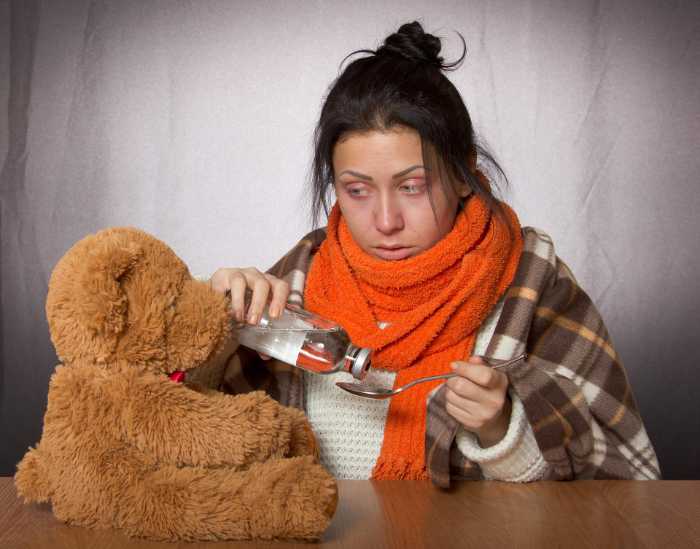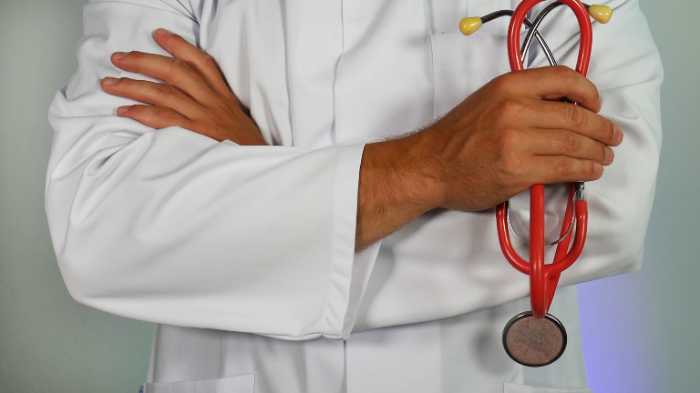Kidney stones are a common problem, and many people experience symptoms without realizing what is happening. In this post, we will discuss the 10 most common symptoms of kidney stones. If you are experiencing any of these symptoms, it is important to see a doctor right away.

Kidney Stones
Kidney stones are small, hard crystals that form in the kidneys. They can cause severe pain and may require treatment. Kidney stones occur when there is a change in the normal composition of urine, which can happen when the level of certain substances, such as calcium, oxalate, and uric acid, becomes too high. This can happen if the kidney does not properly filter these substances from the blood. Kidney stones may also form if there is an imbalance in the levels of water, salt, and other minerals in the body.
Dehydration is a common trigger for kidney stones. Kidney stones typically develop over a period of months or years. They may stay in the kidney or travel down the urinary tract. Small kidney stones may pass through the urinary tract without causing any symptoms. Larger kidney stones can block the flow of urine and cause severe pain. Treatment for kidney stones may involve taking medication to help dissolve the stone, removal through surgery, or other procedures.
Prevention of kidney stones includes drinking plenty of fluids, eating a healthy diet, and managing medical conditions that increase your risk. Maintaining good hydration is important for people who tend to form kidney stones.
10 Symptoms Of Kidney Stone
Kidney stones typically cause a sharp, cramping pain in the lower back and abdomen, as well as nausea and vomiting. Other common symptoms include:
1. Severe pain in the side and back, below the ribs: This is usually the first symptom of kidney stones. The pain can be sharp and intense and is often described as being similar to childbirth or a knife stabbing.
2. Blood in the urine: This may be visible as red streaks or tinges, or it may only be detectable through a urine test.
3. Nausea and vomiting: As the pain intensifies, many people also experience nausea and vomiting.
4. Fever and chills: As the infection associated with kidney stones progresses, fever and chills may develop.
5. Urinary urgency and frequency: As the stone blocks urine flow, people may feel a strong urge to urinate even when their bladder is not full. They may also need to urinate more frequently than normal.

6. Burning sensation during urination: This is caused by the stone irritating the urinary tract.
7. Cloudy or foul-smelling urine: This can be a sign of an infection associated with kidney stones.
8. Difficulty urinating: As the stone blocks the urethra, it can become difficult or impossible to urinate
9. Repeated urinary tract infections: If you have kidney stones, you may be more likely to develop urinary tract infections.
10. Sweating Profusely: Some people may experience profuse sweating along with other symptoms of kidney stones. This is due to the body’s response to the pain.
It is important to visit a health care provider for a diagnosis if you notice two or more of the symptoms above.
Causes Of Kidney Stones
Most kidney stones are formed when the urine becomes too concentrated, and crystals begin to form. The most common type of kidney stone is made up of calcium oxalate. Other risk factors for developing kidney stones include dehydration, family history, diet, certain medical conditions, and certain medications. Dehydration is a major cause of kidney stones because it increases the concentration of minerals in the urine. When the body is dehydrated, it attempts to conserve water by reducing urine output. This can lead to a build-up of minerals in the urine, which can then form stones.
A family history of kidney stones also increases your risk. People who have a parent or sibling with kidney stones are more likely to develop them themselves. Diet is another factor that may contribute to kidney stones. A diet high in animal protein, salt, or sugar can increase the risk. In addition, diets low in calcium or citrate can also predispose people to stone formation. Certain medical conditions can increase the risk as well. These include gout, inflammatory bowel disease, and urinary tract infections. Medications such as diuretics and antacids may also play a role in stone formation by altering the levels of minerals in the urine.
Diagnosis Of Kidney Stones
There are several blood tests that can be used to diagnose kidney stones. The most common is a uric acid test, which measures the level of uric acid in the blood. Uric acid is a waste product that is produced after purines that are found in many foods have been broken down by the body. A high level of uric acid in the blood can indicate that there is an excess of purines being broken down in the body, which can lead to kidney stones. Other blood tests that may be used to diagnose kidney stones include a calcium test, a phosphate test, and a creatinine test.

Health Tips To Prevent Developing Kidney Stones
There are several things you can do to help prevent stones from developing in the first place. Here are some top tips:
- Stay hydrated by drinking plenty of fluids, especially water. This will help to dilute any potential stone-forming substances in your urine.
- Avoid foods that are high in oxalates, such as spinach and chocolate. Oxalates can bind to calcium and form kidney stones.
- Eat a healthy diet that includes plenty of fruits and vegetables. This will help to ensure you’re getting all the nutrients you need and avoid constipation, which can contribute to kidney stones.
- Limit your intake of animal protein, which can increase the level of uric acid in your urine and lead to kidney stones.
By following these tips, you can help reduce your risk of developing kidney stones.
Risk Of Kidney Stones
Kidney stones are one of the most common kidney diseases, affecting around 1 in 10 people. There are several risk factors for kidney stones, including a family history of the condition, certain medical conditions (such as digestive and kidney diseases or chronic urinary tract infections), and certain medications (such as some diuretics and calcium-based antacids). obesity and dehydration are also thought to increase the risk of kidney stones.
If you think you may be at risk of kidney stones, it’s important to see your doctor for a diagnosis. Kidney stones can usually be treated with medication or surgery, and the sooner they’re treated, the better.
Treatment For Kidney Stones
The formations of kidney stones typically occur when there is an imbalance in the levels of calcium, oxalate, and water in the body. In most cases, kidney stones can be treated at home with simple lifestyle changes and natural remedies. Kidney stones pass without causing any sort of damage especially when they are small stones.

However, larger stones may require more aggressive treatment, such as shock wave therapy or surgery. No matter what form of treatment is required, the goal is always to relieve pain and prevent recurrent kidney stones from forming. With the right treatment plan, patients can enjoy a life free from the discomfort of kidney stones.
Final Thoughts
Kidney stones are a common and painful condition that can be caused by a variety of factors. While most kidney stones can be successfully treated with medical intervention, some may require surgery. Symptoms of kidney stones include severe pain in the abdomen, back, or groin, blood in the urine, nausea and vomiting, and fever and chills. If you suspect that you have kidney stones, it is important to see a doctor as soon as possible for diagnosis and treatment.
Read More:



